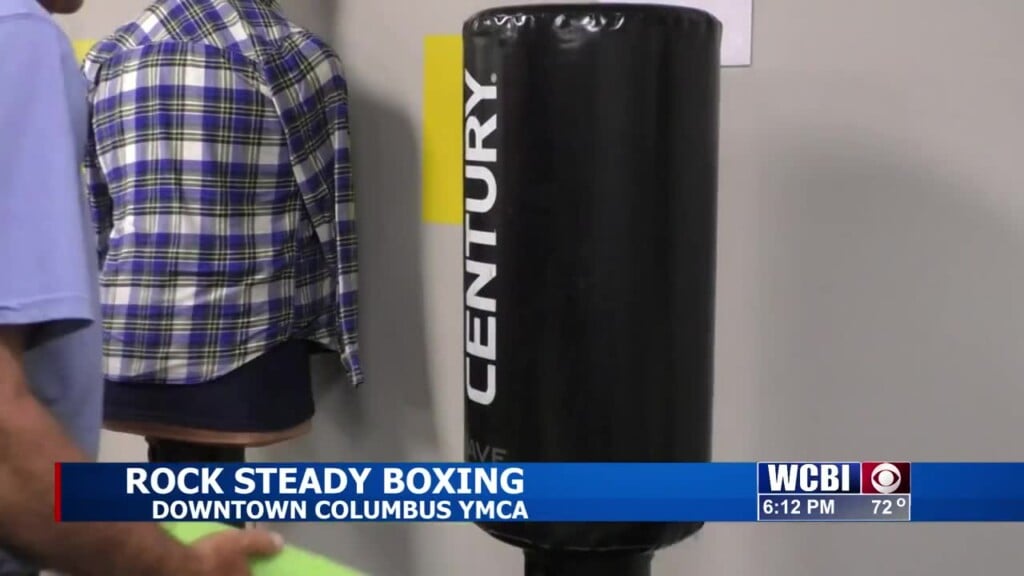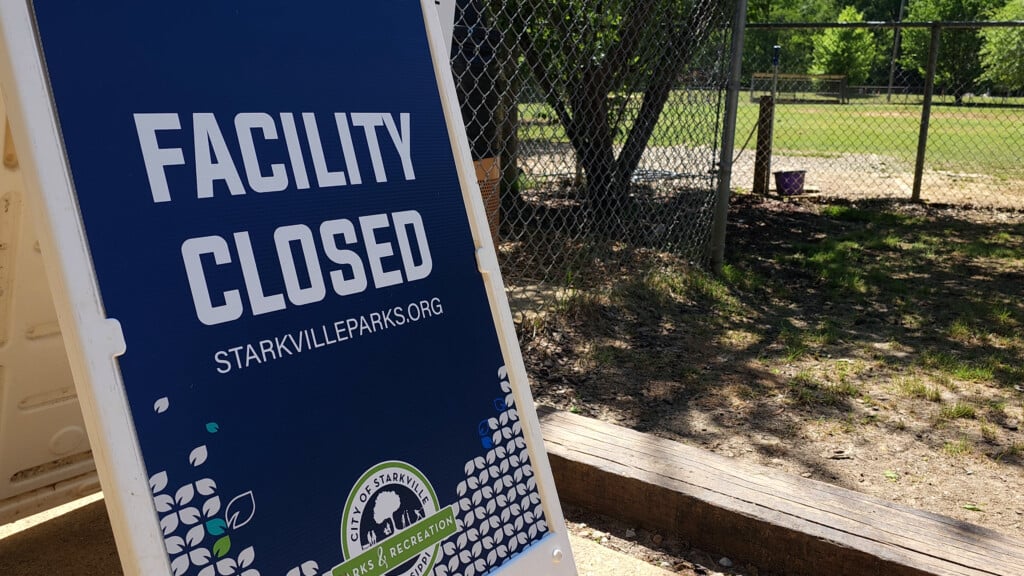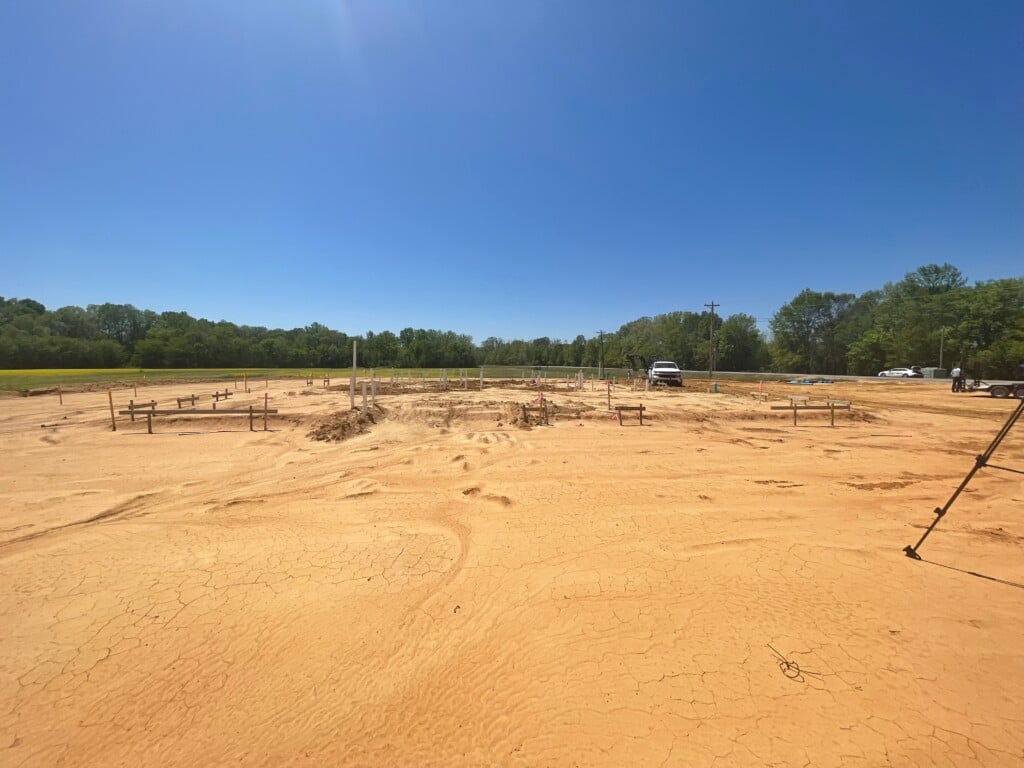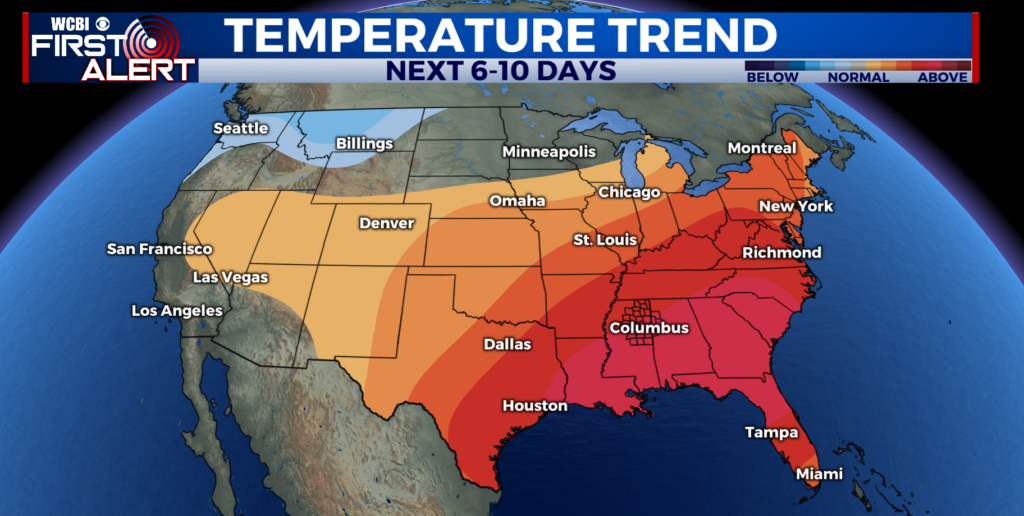MSU Anthropology team joins the search of a missing Tupelo teen
The team helped in the recent search for evidence in the case of missing Tupelo girl Leigh Occhi
MISSISSIPPI STATE UNIVERSITY, MISS. (WCBI) – As investigators from local, state, and federal agencies searched a backyard on Honey Locust Drive and a drainage ditch, students and professors from MSU’s forensic anthropology department were also hard at work.
“As part of this work, we want to create this forensic recovery team, so when there is a case call myself and Lieutenant Bo Shelton, of MSU PD, and go out with graduate students to investigate,” said Dr. Jesse Goliath, Assistant Professor of Anthropology who also heads the forensic anthropology team.
The team spent more than twelve hours on-site, using the latest technology to help in the search, for twelve-year-old Leigh Occhi, who was last seen at her Tupelo home in 1992. The forensic anthropology team is made up of experts in specialized areas. They also have an online Database of cold cases as part of MSU’s Mississippi Repository for Missing and Unidentified Persons.
“It is a combination of law enforcement, faculty from MSU, archeologists who are trained in bones and teeth, as well as archaeologists who are trained in using ground penetrating radar, and other equipment to see what is under the surface of the earth. Think about any kind of depressions, burials, clandestine, we see if any inconsistencies in the soil that is consistent with a burial, a coffin,” Dr. Goliath said.
Many law enforcement agencies simply don’t have the resources to stay on top of cold cases and that is why Doctor Goliath wants to expand those partnerships.
“It is one thing we want to do, to make this easy and transferable across different police departments and agencies, the biggest issue with missing persons is a lack of communication and a lack of awareness of those cases,” he said.
Doctor Goliath said he and his team want to help close the books on as many cold cases as possible, not only for law enforcement but for the families and friends of their missing loved ones.
The database is accessible to the public. For more information, go to www.missinginms.msstate.edu.




